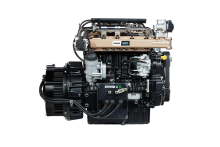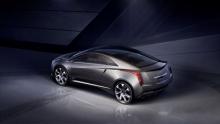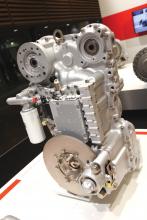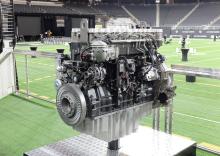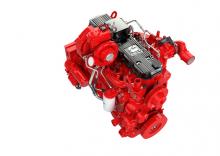Bosch and PSA Peugeot Citroën are now working on a hydraulic hybrid powertrain for passenger cars. The system features two hydraulic units linked to pressure accumulators. Using this technology the vehicle can be driven using the conventional power source, hydraulically or by a combination of the two. Under low load, the internal-combustion engine can be run at a more economical operating status. When braking, kinetic energy is converted into hydraulic energy and stored in the pressure accumulator, which ca
January 25, 2013
Read time: 2 mins
3405 Bosch and 3526 PSA Peugeot Citroën are now working on a hydraulic hybrid powertrain for passenger cars. The system features two hydraulic units linked to pressure accumulators. Using this technology the vehicle can be driven using the conventional power source, hydraulically or by a combination of the two. Under low load, the internal-combustion engine can be run at a more economical operating status. When braking, kinetic energy is converted into hydraulic energy and stored in the pressure accumulator, which can then be used as a power assist system for the car. Over short distances the car can run on hydraulic power only and using the technology could cut fuel consumption and CO2 emissions by up to 45% in urban cycles. In principle, the technology could be used with any conventional engine and initially will be used for passenger cars only. But as it is suitable for larger vehicles, it will also be offered for light delivery trucks in the future. This hydraulic-mechanical powertrain system is said to offer benefits over current hybrid electric systems in that is more compact, lighter and cheaper, while offering low servicing needs and long operating life.

